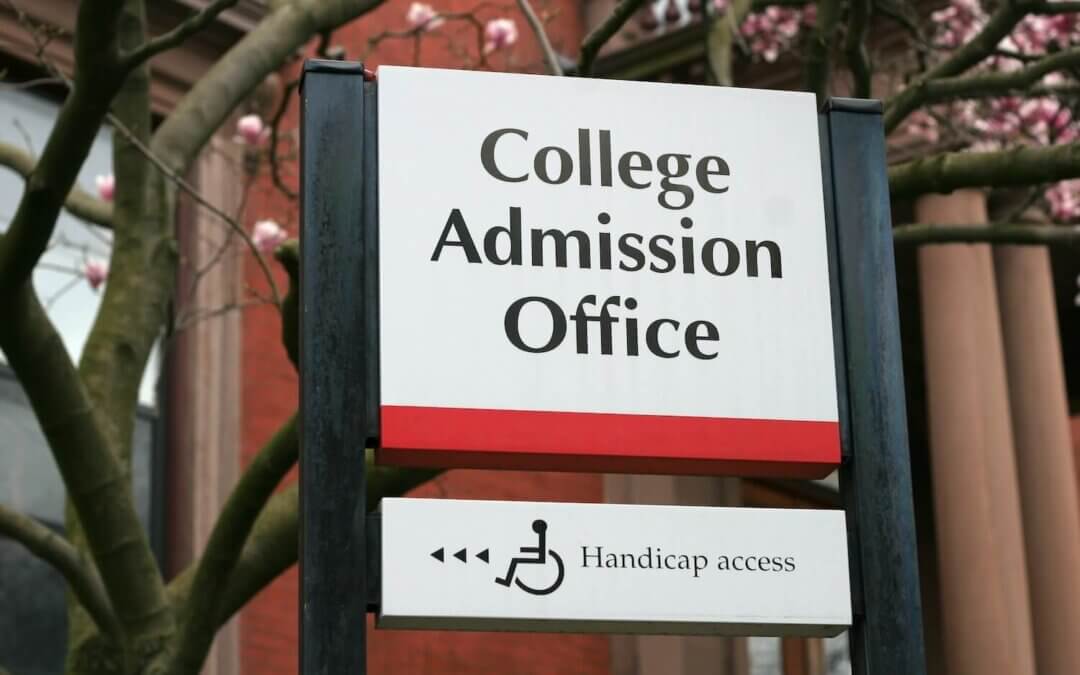We unravel everything you need to know about how to get credit for all of your work below.
How can I take AP Exams?
When you take an Advanced Placement course, you have the opportunity to take the corresponding Advanced Placement Exam at the end of the year. While you can technically opt out of this opportunity as you are not “required” to do the exam when registered for an AP course, it is recommended that you take the test so as to receive an AP score. These scores can be instrumental during admissions, as doing well indicates an understanding of the course material and future success at university. You can also take AP exams without having taken or registered for an AP course by having your school proctor it to you, or by taking it at a different participating school if necessary. For more information on taking AP exams independently, see College Board’s guide here.
What do the scores mean?
According to the College Board, a score of 3 means that a student is “qualified” to take the intro-level course for a certain subject, a score of 4 means “well qualified” and a score of 5 means “extremely well qualified”. Scores lower than a 3 indicate that the student is probably not qualified to take the intro-level college course. If you’re looking to get college credit for your coursework, you will have to score a 3 or above.
Will I get credit for my scores?
Over the years, it has become harder and harder to get college credit with your AP scores, especially at top universities. Only 86% of the top 153 universities in the United States offer any credit for AP scores. The difficulties of receiving credit have become such a hot topic that the state of Texas made provisions requiring state universities to accept scores of 3 and above to help students shave down tuition costs.
That said, just because it is more difficult to get credits for your AP scores does not mean that it is impossible. Keep in mind that many colleges that give credit for AP scores cap the number of credits each student can receive (i.e. Columbia University’s credit cap is 15). To make matters more complex, credits are often given out for a pair of AP exams within the same subject area. Thus if you wanted to get 3 credits from your PoliSci APs, at some universities you would have to have taken both AP Government and AP Comparative Government and scored a 5 on each. Further, universities often have you take a corresponding course in the same discipline and receive a minimum grade before the credits can kick in (i.e. A 5 on AP Spanish would garner 3 credits provided you were able to get a B or higher on an introductory level course, and a 5 on AP Calculus AB would do so the same for a B or higher in Calculus I).
For information on each college’s policies with regards to accepting credits, you can use the College Board AP Search Database. We also recommend actually going to each university site for the information.
What if I don’t have access to AP Courses?
There are a variety of ways to get college credit that do not involve the AP tests. Community college courses often transfer credits to large public universities, with some conveniently located near private universities that share professors. For example, professors from Georgetown often teach at Northern Virginia Community College, so if you take PoliSci 101 you would be taught by the same person, but with a lower price tag and an easier bar of admittance (community colleges often don’t have the type of admissions required by larger universities, so you could technically take a class from a Georgetown professor as a high school student for a nominal monetary cost). If you want to place into high-level courses in the absence of an AP score, many universities have placement exams for languages, and some have them for subjects such as history, et. al.












